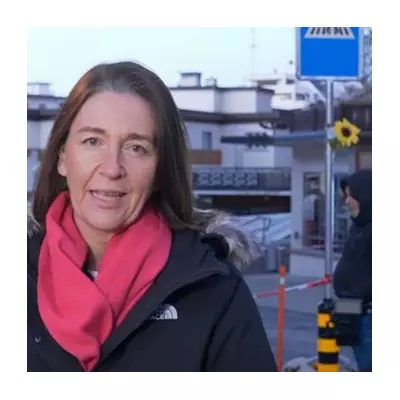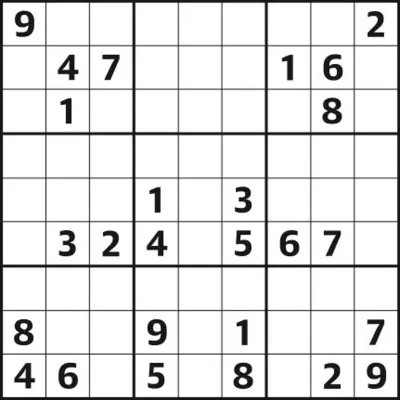
Austria has confirmed plans to introduce a nationwide ban on Islamic headscarves for girls under the age of 14 within all schools, arguing the garment represents a form of oppression that hinders healthy childhood development.
The Details of the Proposed Ban
State Secretary Jorg Leichtfried and Integration Minister Claudia Plakolm unveiled the specifics of the prohibition on Thursday. The draft law is scheduled for parliamentary debate soon and is intended to apply from the 2026/2027 school year. Minister Plakolm was unequivocal in her reasoning, stating, 'A headscarf on an 11-year-old girl is and remains a sign of oppression.' She elaborated that it can lead to feelings of shame, a distorted body image, and an unstable sense of self-worth in young girls.
The impetus for the ban has grown, according to the government, due to a significant increase in the number of affected children. The population of Muslim girls under 14 has surged from 3,000 to 12,000 since the prospect of a ban was first raised in 2019. The rule will be enforced in all educational institutions, including public and private schools, covering classrooms, playgrounds, gyms, and sports fields, though it will not extend to third-party school events.
Phased Implementation and Potential Penalties
According to local media reports, the ban will be rolled out in two distinct stages. The initial phase, starting in February 2026, will focus on awareness. During this period, schools, parents, and children will be comprehensively briefed on the new regulations.
The sanctions are then set to commence at the start of the school year in September 2026. If a girl under 14 is found wearing a hijab or burqa at school, she and her parents will be summoned for a meeting with the school administration. A second meeting with the relevant District School Authority will follow if the ban is still not observed.
Further violations could lead to the involvement of the local youth welfare agency. In extreme cases, parents could face fines ranging from £130 to £700, or even a prison sentence of up to two weeks. This is a reduction from the initial draft, which proposed fines of up to £880.
Government Justification and Opposition
When questioned about the distinction between allowing pupils to wear a cross but not a headscarf, Minister Plakolm maintained that the headscarf is uniquely a 'symbol of oppression.' She emphasised the state's duty to ensure girls can grow up freely and make their own choices, describing schools as safe spaces for development.
In a social media post, she wrote, 'Girls should be able to grow up freely, visibly, and self-confidently in our country... That is why we have decided to ban the children's headscarf.' State Secretary Leichtfried added that while the debate is 'complex,' the government's key objective is to protect children from 'external pressures or assigned roles' that could 'severely impair the development of girls.'
However, the move has faced criticism. The Islamic Religious Community in Austria (IGGO) has condemned the ban as 'symbolic politics at the expense of children and democracy.' This is not the first time such a measure has been attempted; Austria's top court struck down a previous ban in 2019 for violating constitutional religious freedom protections. The current government coalition remains confident that this new, carefully structured law will withstand legal challenges.





